Yoga for mental health refers to the application of yoga practices and principles to support and improve mental well-being. It involves utilizing physical postures, breath control, meditation, and mindfulness techniques to reduce stress, alleviate symptoms of anxiety and depression, enhance self-awareness, promote relaxation, and cultivate emotional balance.
What is Yoga?
Yoga is a comprehensive system [mfn] Woodyard C. (2011). Exploring the therapeutic effects of yoga and its ability to increase quality of life. International journal of yoga, 4(2), 49–54. https://doi.org/10.4103/0973-6131.85485 [/mfn] of physical, mental, and spiritual practices that originated in ancient India, aiming to unite the mind, body, and spirit, fostering a sense of harmony and balance within oneself and with the surrounding world. Derived from the Sanskrit word [mfn] Forbes, B., Akturk, C., Cummer-Nacco, C., Gaither, P., Gotz, J., Harper, A., & Hartsell, K. (2008). Using Integrative Yoga Therapeutics in the Treatment of Comorbid Anxiety and Depression. International Journal of Yoga Therapy, 18(1), 87–95. https://doi.org/10.17761/ijyt.18.1.p8171x45n6328107 [/mfn] meaning “yoke” or “union,” yoga encompasses the essence of drawing together and uniting various aspects of our being.
Yoga goes beyond mere physical exercise, offering a holistic approach to personal growth and self-discovery. Within the realm of yoga, there are various types [mfn] Park, C. L., Finkelstein-Fox, L., Groessl, E. J., Elwy, A. R., & Lee, S. Y. (2020). Exploring how different types of yoga change psychological resources and emotional well-being across a single session. Complementary therapies in medicine, 49, 102354. https://doi.org/10.1016/j.ctim.2020.102354 [/mfn] that cater to different aspects of practice and individual preferences. Each type of yoga provides unique pathways toward self-realization and deepening the mind-body connection.
Yoga and Mental Health
Yoga and mental health are intricately connected [mfn] Büssing, A., Michalsen, A., Khalsa, S. B., Telles, S., & Sherman, K. J. (2012). Effects of yoga on mental and physical health: a short summary of reviews. Evidence-based complementary and alternative medicine : eCAM, 2012, 165410. https://doi.org/10.1155/2012/165410 [/mfn], as yoga provides a comprehensive approach to enhancing mental well-being. Through the integration of physical postures, breath control, and mindfulness practices, yoga nurtures the mind-body connection, facilitating a deeper understanding of oneself and promoting emotional regulation.
Engaging in yoga as a practice for better mental health can result in improved overall well-being, heightened mental clarity, and a profound sense of inner peace and harmony.
In fact, studies have [mfn] Priyanka, & Rasania, S. K. (2021). A cross–sectional study of mental wellbeing with practice of yoga and meditation during COVID-19 pandemic. Journal of family medicine and primary care, 10(4), 1576–1581. https://doi.org/10.4103/jfmpc.jfmpc_2367_20 [/mfn] shown that individuals often turn to yoga with the intention of improving both their physical and mental strength, with 52% seeking such benefits, while 43% do it to experience an increased sense of happiness and well-being.
What are The Types of Yoga?
There are several types [mfn] Bhavanani, A. (2009). PRINCIPLES AND METHODS OF YOGA PRACTICES (Compilation). Available from: https://www.researchgate.net/publication/241276629_PRINCIPLES_AND_METHODS_OF_YOGA_PRACTICES_Compilation [/mfn] of yoga, each with its own unique approach, focus, and benefits, such as:
- Hatha Yoga: This focuses on physical postures (asanas) and breathing techniques (pranayama) to bring balance to the body and mind.
- Vinyasa Yoga: It emphasizes smooth transitions between poses, creating a flowing and dynamic practice.
- Ashtanga Yoga: It follows a specific sequence of postures, with an emphasis on synchronizing breath with movement.
- Bikram Yoga: It consists of a series of 26 poses and two breathing exercises, practiced in a heated room, which promotes strength, flexibility, and detoxification.
- Kundalini Yoga: It focuses on awakening the dormant energy within the body by combining dynamic movements, breathwork, chanting, and meditation.
How Yoga Can Improve Mental Health and Well-being
Yoga can improve mental health and well-being [mfn] Büssing, A., Michalsen, A., Khalsa, S. B., Telles, S., & Sherman, K. J. (2012). Effects of yoga on mental and physical health: a short summary of reviews. Evidence-based complementary and alternative medicine : eCAM, 2012, 165410. https://doi.org/10.1155/2012/165410 [/mfn] through various mechanisms, such as:
- Yoga cultivates self-awareness and mindfulness, enabling individuals to observe and manage their emotions more effectively.
- Yoga develops a heightened awareness of physical sensations and thoughts, fostering mind-body connection and a deeper understanding of oneself.
- Yoga practices, enhance concentration and helps deal with racing thoughts, cognitive challenges, or difficulty maintaining attention.
- Yoga can play a significant role in promoting better sleep quality and overall restfulness by inducing a state of relaxation in the body.
- It can lead to a better understanding of one’s motivations and allow individuals to improve the sense of their inner resources of inspiration and drive.
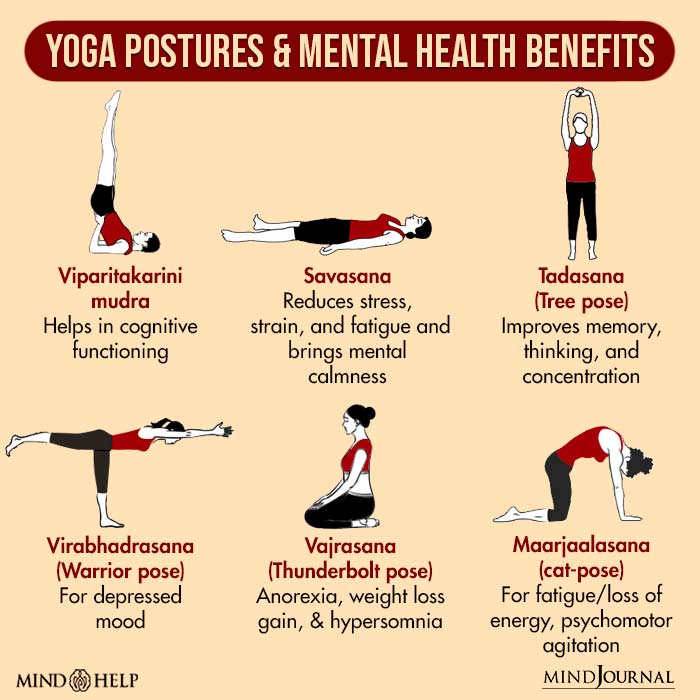
Yoga for Mental Illness
One important consideration is that specific types and postures of yoga are directly suitable for addressing specific mental health issues. It is not effective or appropriate to use any random type of yoga that is primarily intended for physical fitness as a solution for every mental health condition.
Thus, yoga can be used as an alternate therapy [mfn] Nyer, M., Nauphal, M., Roberg, R., & Streeter, C. (2018). Applications of Yoga in Psychiatry: What We Know. Focus (American Psychiatric Publishing), 16(1), 12–18. https://doi.org/10.1176/appi.focus.20170055 [/mfn] for various mental health conditions, including:
1. Anxiety Disorder
Yoga, especially Savasana promotes relaxation and reduces stress, which can alleviate anxiety symptoms, such as excessive worry, restlessness, and difficulty in concentration.
Read More About Generalized Anxiety Disorder Here
2. Depression
Yoga styles, such as Virabhadrasana can support mood elevation and alleviate symptoms of depression, such as feelings of sadness, fatigue, and low self-esteem.
Read More About Depression Here
3. Somatoform Disorder
Somatoform Disorders can manifest as digestive problems like stomachaches, bloating, constipation, or diarrhea. Certain yoga postures and movements, such as Ardha-Matsendrasana can stimulate digestion, improve gut motility, and alleviate discomfort in the abdominal area.
4. Substance Use Disorder
Breathing exercises and meditation can be used as tools to manage cravings and emotional distress related to addictive behavior. Yoga provides individuals with alternative ways to navigate challenging situations and regulate their emotions.
5. Sleep Disorder
Engaging in yoga as part of a bedtime ritual helps the body to prepare for sleep. This can help regulate the sleep-wake cycle and promote a more restful night’s sleep.
Read More About Sleep Disorder Here
6. Eating Disorder
Yoga, including poses like Dhanurasana, provides a nurturing and supportive environment for individuals facing eating disorders, such as anorexia nervosa, and symptoms like an intense preoccupation with food, weight, and calorie counting.
By integrating yoga into their daily lives, individuals with eating disorders can effectively manage negative self-talk associated with body image concerns and cultivate a more positive relationship with their bodies.
Read More About Eating Disorder Here
7. Attention-deficit Hyperactivity Disorder (ADHD)
Regular yoga practice, including poses like Tadasana, can be highly beneficial for individuals with ADHD by supporting the development of their essential self-regulation skills, such as impulse control, emotional management, attention, and concentration.
Read More About Attention-deficit Hyperactivity Disorder Here
8. Autism
Yoga can be a beneficial complement to traditional therapies for children with Autism, as it offers a combination of breathing strategies and yoga poses, such as Tadasana that can help reduce anxiety, enhance mood, and support the development of self-regulation and coping skills.
Read More About Autism Here
9. Schizophrenia
Yoga, such as Pranayama serves as a valuable adjunctive therapy for individuals with schizophrenia, especially those affected by negative symptoms to enhance their physical flexibility and motivation to get back to their mainstream livelihood and build a connection with reality.
Read More About Schizophrenia Here

The Limitations of Yoga for Mental Health
While there are several mental health benefits of yoga, it’s important to acknowledge some [mfn] Khanal, H., & Khanal, U. (2021). Benefits, barriers and determinants of practicing yoga: A cross sectional study from Kathmandu, Nepal. Journal of Ayurveda and integrative medicine, 12(1), 102–106. https://doi.org/10.1016/j.jaim.2021.01.007 [/mfn] of its limitations, which include:
- It may not be sufficient as the sole treatment for severe mental illnesses such as schizophrenia or bipolar disorder.
- It’s essential to recognize that individual preferences, physical limitations, and personal circumstances can impact the effectiveness of yoga.
- Individuals should be committed to incorporating yoga into their routines, as it may take a longer time to observe significant improvements.
- Access to yoga classes with experienced instructors, and affordable options may be limited in certain areas or for specific populations.
- Yogas are specific for a specific mental or physical health issue so any individual cannot simply choose any random type of yoga for practice and expect it to be effective for their specific issues or concerns.

Takeaway
Yoga for mental illness offers a transformative journey that extends beyond physical exercise and alleviates symptoms of different mental health issues. By embracing the mind-body connection, cultivating self-awareness, and nurturing a sense of balance, yoga empowers individuals to find inner peace, enhance well-being, and embark on a path of self-discovery and personal growth.
At A Glance
- Yoga is a comprehensive system of physical, mental, and spiritual practices that originated in ancient India.
- Different types of yoga are Hatha yoga, Karma yoga, Raja yoga, etc.
- Yoga and mental health are intricately connected, as yoga provides a comprehensive approach to enhancing mental well-being.
- Yoga can help in better mental health functioning, such as emotional regulation, reduced stress, improved sleep quality, and overall well-being.
- Yoga can be treated as an alternative therapy for depression, anxiety, and other mental illnesses.
- Yoga may not be sufficient as the sole treatment for severe mental illnesses such as schizophrenia or bipolar disorder.
Frequently Asked Questions (FAQs)
1. What is pranayama yoga?
Pranayama yoga refers to the practice of controlled breathing techniques in yoga, aimed at harnessing and regulating the life force energy for physical, mental, and spiritual well-being.
2. What is Kripalu yoga?
Kripalu yoga is a style of yoga that emphasizes self-acceptance, compassionate self-inquiry, and an inward focus, allowing individuals to explore their physical, mental, and emotional experiences.
3. What is alo yoga?
Alo Yoga is a renowned community dedicated to promoting mindful movement, inspiring wellness, and fostering a sense of belongingness among individuals seeking a holistic approach to physical and mental well-being.
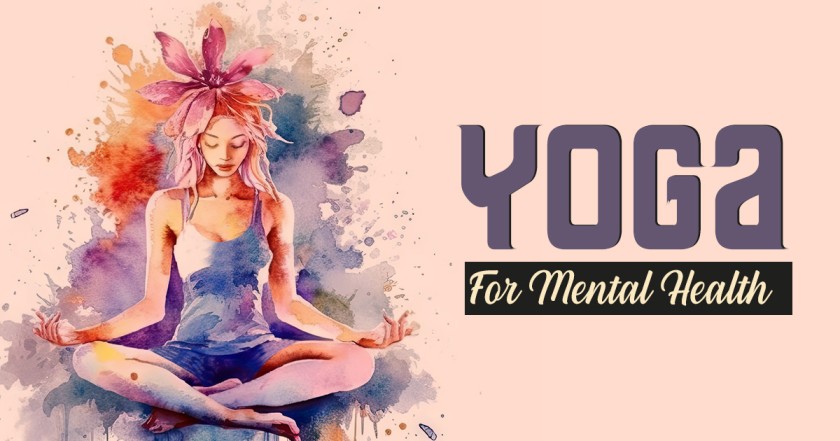

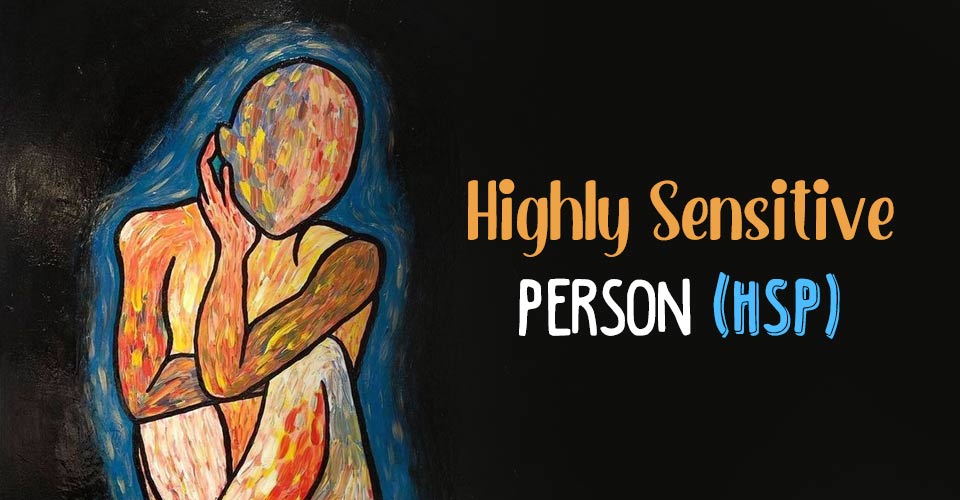

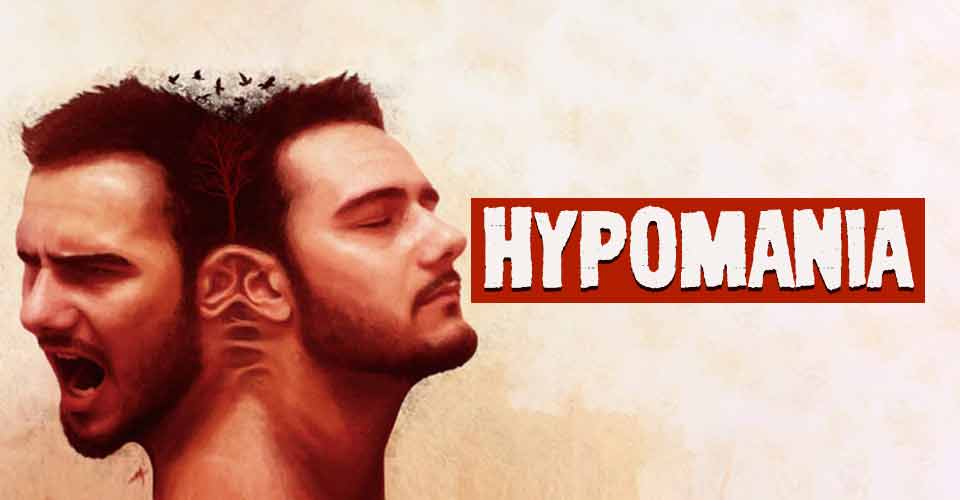



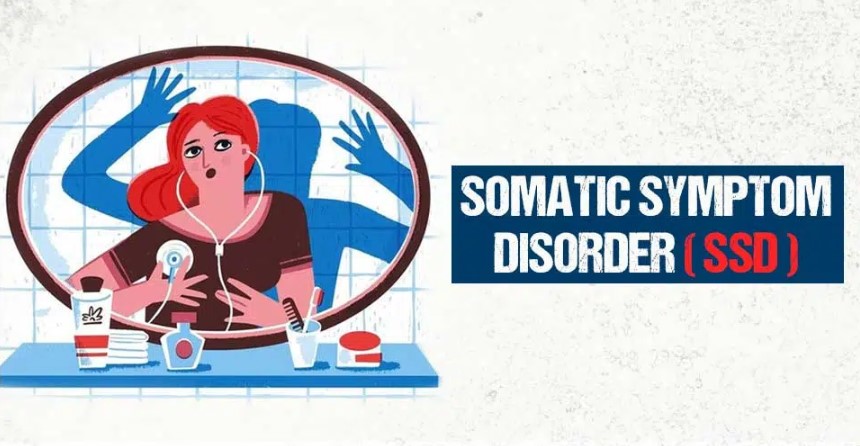

Leave a Reply